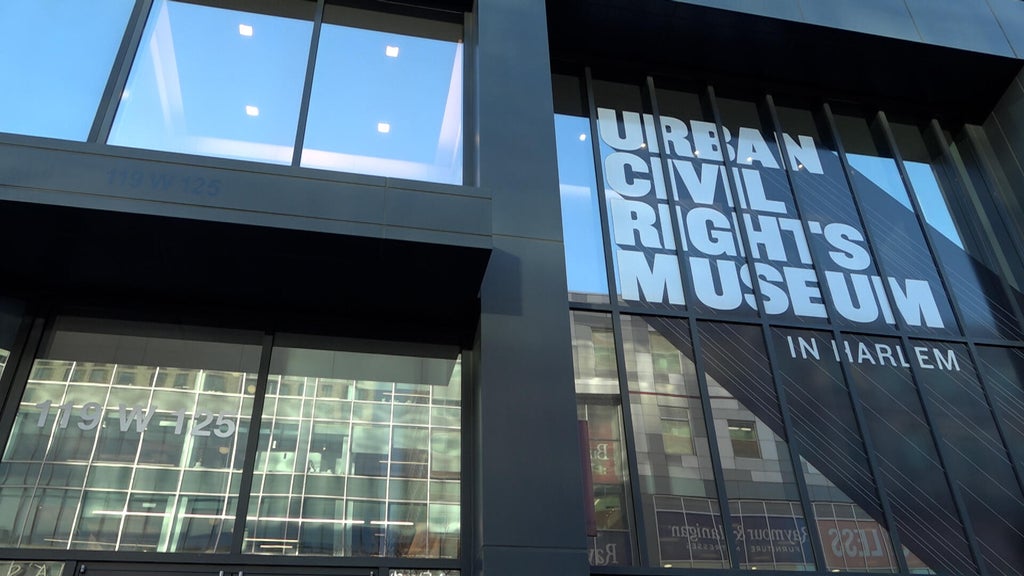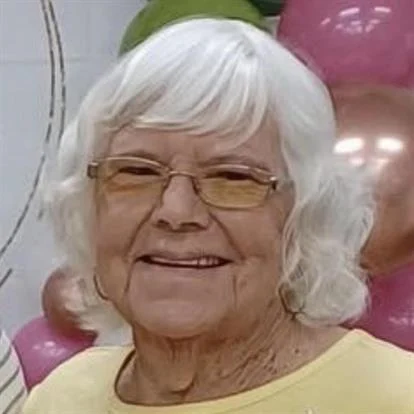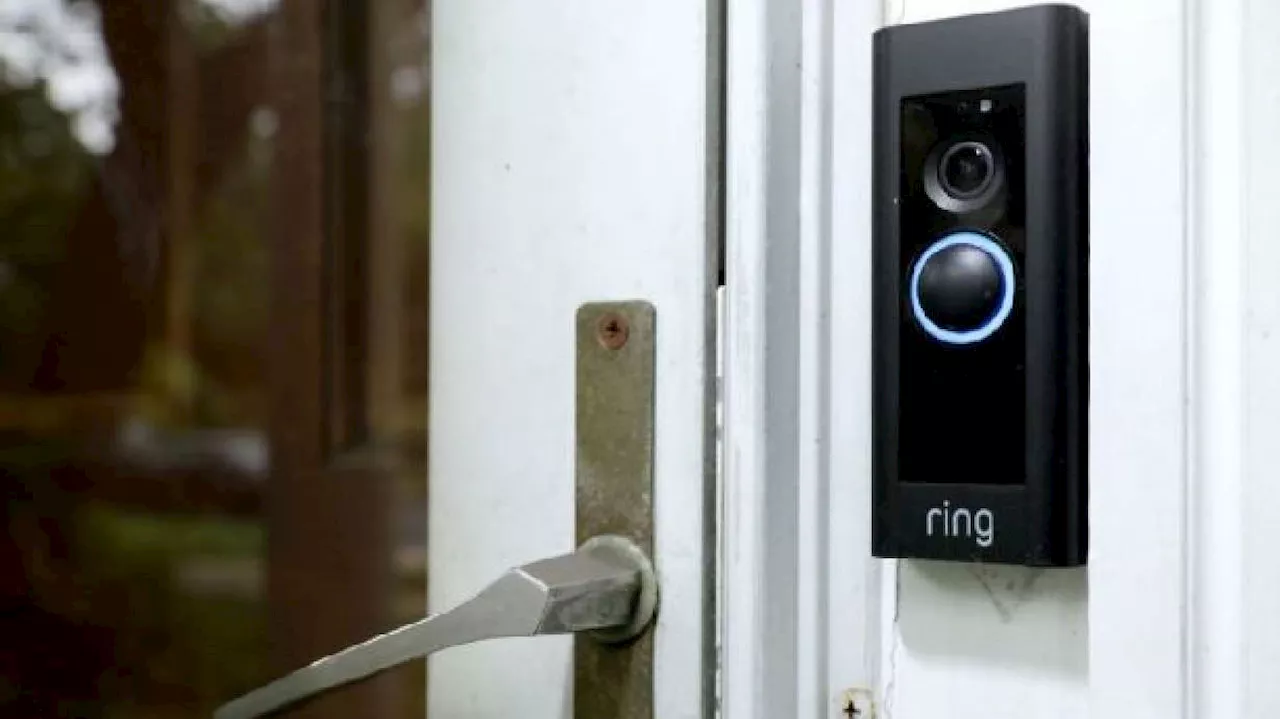The National Urban League (NUL) has officially opened its new headquarters in Harlem, a significant 17-story mixed-use development located at 117 W. 125th St.. This building, which has been under construction since 2021, combines residential units, retail spaces, and a community center, aiming to enhance the local economy and provide essential resources for residents.
The facility includes retail outlets, with notable brands like Sephora already operating within the structure. More than just a shopping destination, this new headquarters will serve as a vital community empowerment center. It will offer Harlemites one-on-one support in navigating crucial areas such as voting, homeownership, and employment opportunities.
NUL’s initiative addresses a pressing concern among local residents: the preservation of Harlem’s community amidst ongoing gentrification. The organization is providing 177 affordable housing units, with rent prices ranging from $666 for studios to $1,478 for two-bedroom apartments, contingent on tenant income. This approach aims to ensure that long-standing residents can remain in their neighborhood.
Urban Civil Rights Museum to Foster Community Engagement
A key highlight of the building is the Urban Civil Rights Museum, which occupies the fourth floor. NUL President Marc Moriel, who previously served as the mayor of New Orleans from 1994 to 2002, emphasized the museum’s role as a dynamic learning facility. Instead of merely displaying exhibits, it will host workshops, symposiums, and seminars to actively engage the community in discussions about civil rights and social justice.
“The museum is not just a set of exhibits but a place where we will continue to tell stories,” Moriel stated. This commitment to education aligns with the National Urban League’s mission, which has focused on advocating for economic access and racial justice since its inception in 1910.
As the National Urban League continues to develop its plans for the new headquarters, the organization aims to solidify its presence in Harlem, addressing not only housing needs but also facilitating broader community engagement and empowerment. The opening of this mixed-use building represents a pivotal step in fostering a vibrant and equitable future for Harlem residents.







